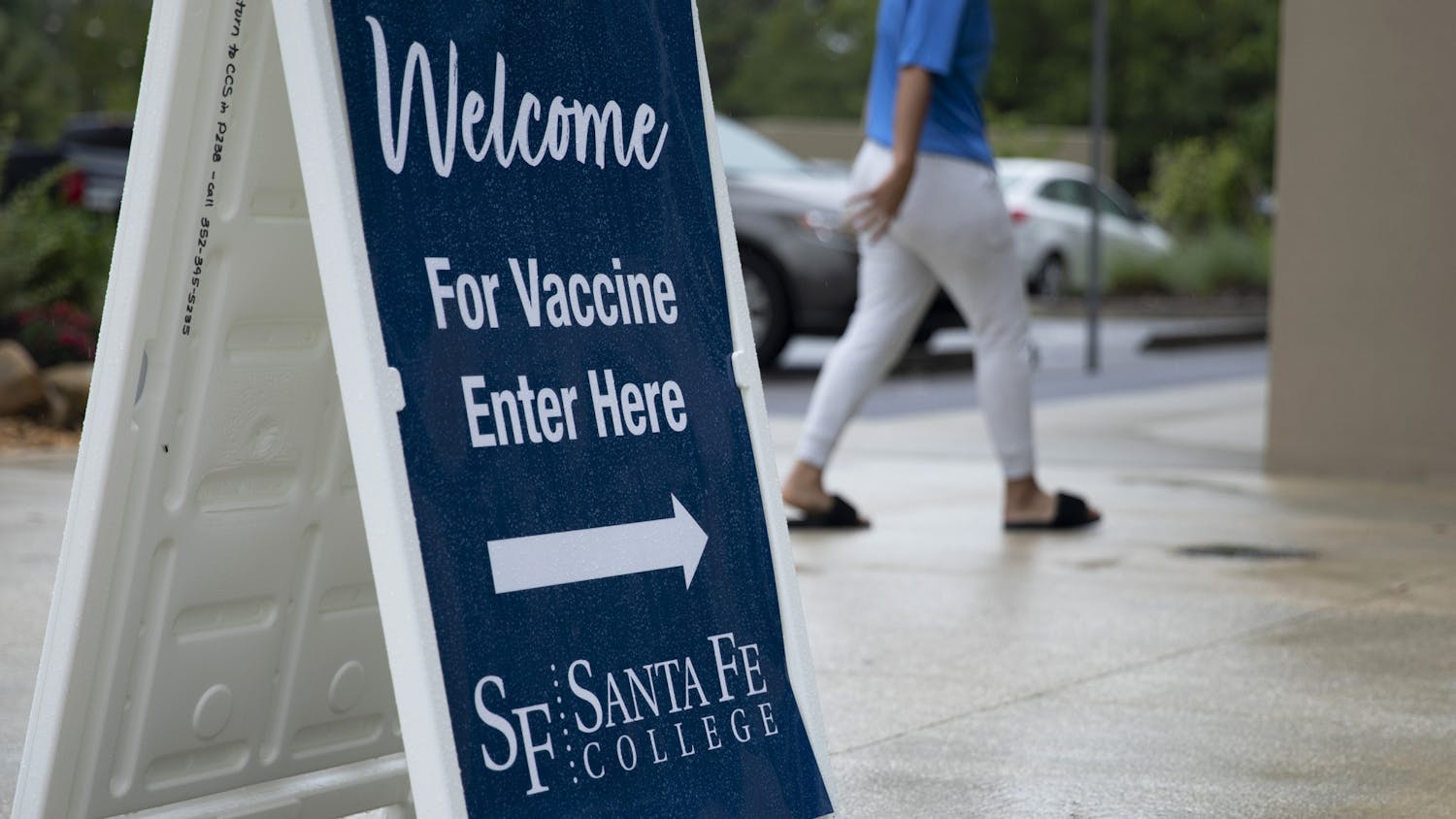The cost of motorcycle and scooter decals will increase this fall because of a compromise made in 2008.
Rather than have a sharp increase in decal prices in the fall of 2008, UF administration and staff from Transportation and Parking Services spoke with some concerned students in a meeting that February and decided to raise the price over the span of a few years.
The cost of yearlong scooter decals will increase by $48, bringing the total cost to $144.
When students and faculty came to the table, they discussed a proposal to raise motorcycle and decal rates from $36 per year to $122 per year, the same as a yearlong student automobile at the time. Instead, the price of the decals was raised from $36 to $64.
“After reviewing the price and the rationale, the students and the administrators agreed that it was appropriate to increase the price to the same level as a student automobile decal, but not all in one jump,” said Scott Fox, director of Transportation and Parking Services.
Fox said meeting attendees decided to increase the decal prices in three stages until the price was the same as a student automobile decal.
The second increase came in 2009, when yearlong decals went up to $96. This year’s increase is the third and final increase.
Ata Sarajedini, current chair of the Parking and Transportation Committee, said the committee, which is made up of students and faculty, occasionally goes out of its way to seek additional input if a special issue comes up.
He said people sometimes forget that the department doesn’t get university funding, so it has to make its own revenue, and sometimes that means raising decal prices.
“It has to be self-sustaining,” he said.
Fox said his department heavily encouraged students to use motorcycles and scooters years ago.
But after surveying drivers, he said about 80 percent used vehicles instead of buses. On top of that, about 80 percent of motorcycle and scooter drivers surveyed said they took six or more trips a day around campus because parking was so available.
“You compare that to what someone in a car does,” he said. “They tend to drive on campus, find their spot and stay put all day long.”
He said the rationale was that motorcycles and scooters were more environmentally friendly than cars, but since drivers took more trips, they actually burned more gas than students who drove cars.
Also, the department didn’t want to encourage students to drive motorcycles and scooters instead of taking the bus.





